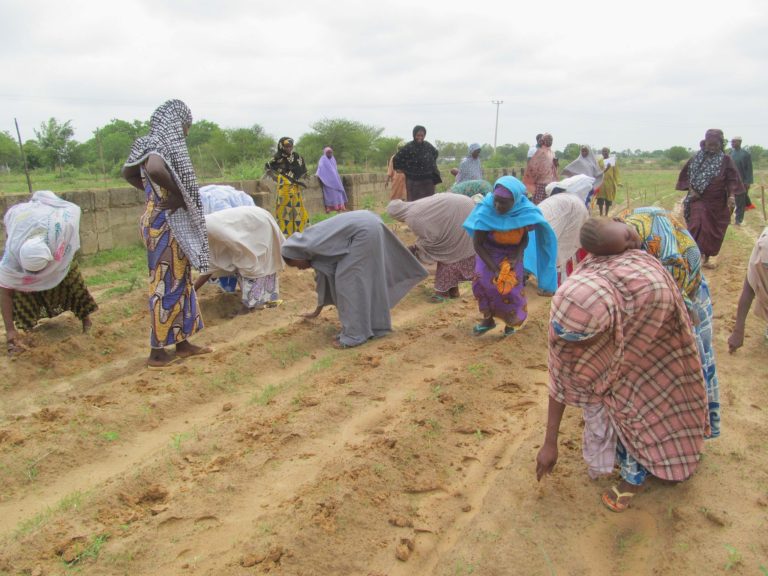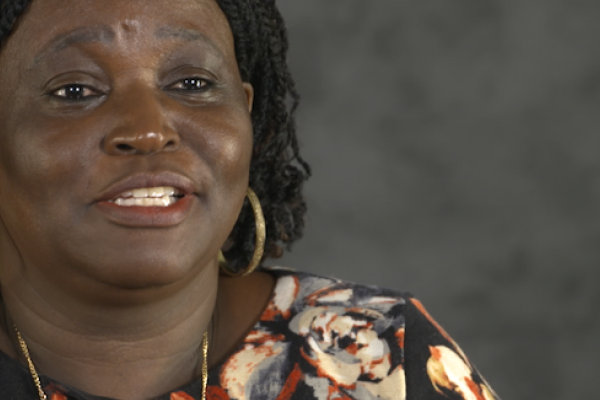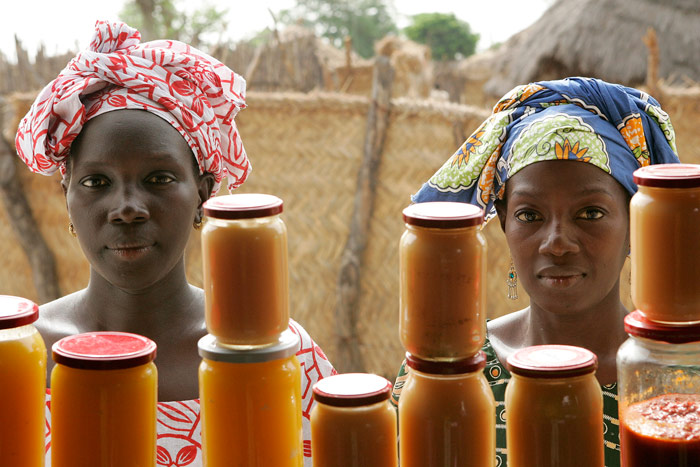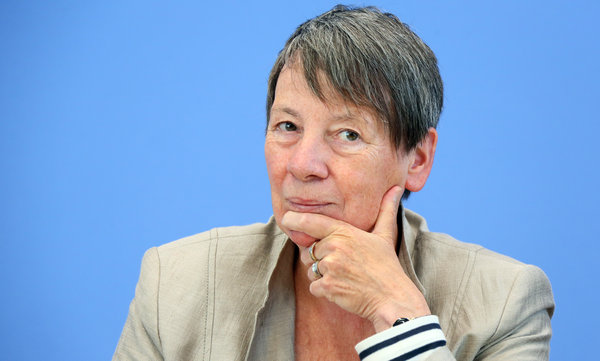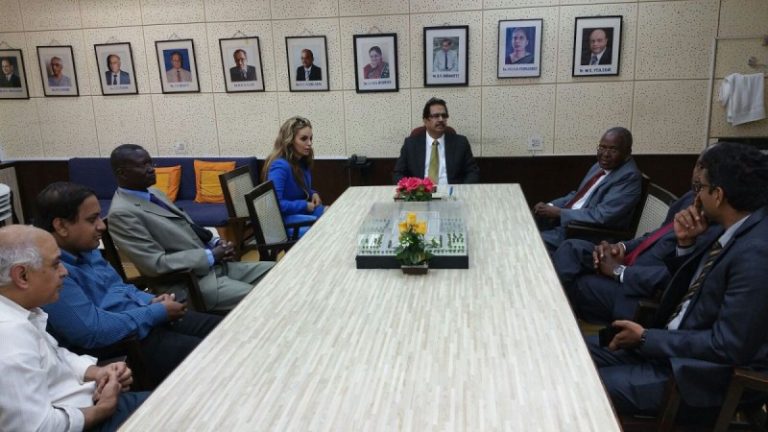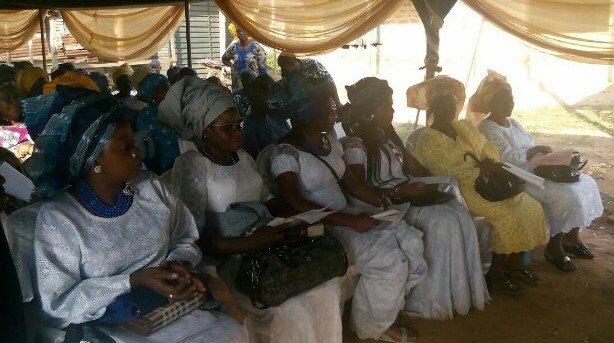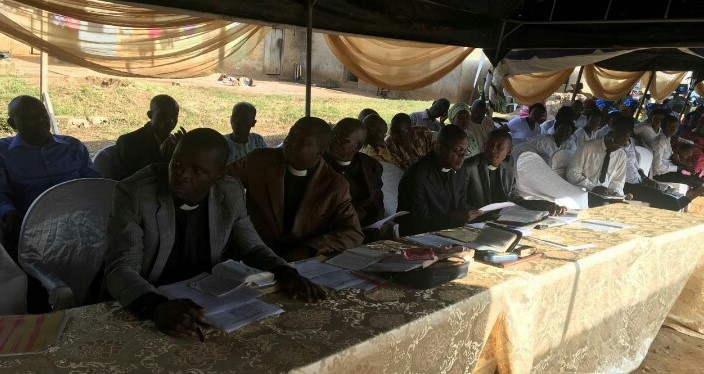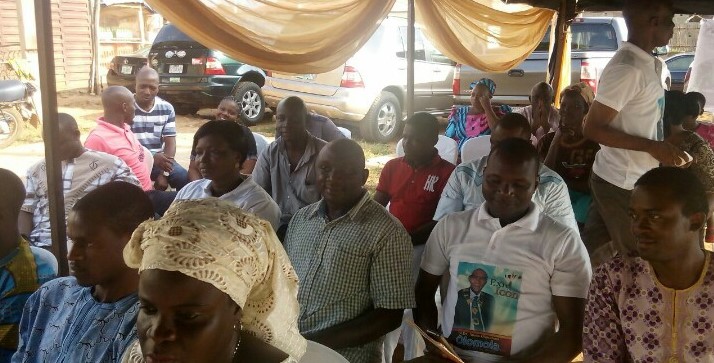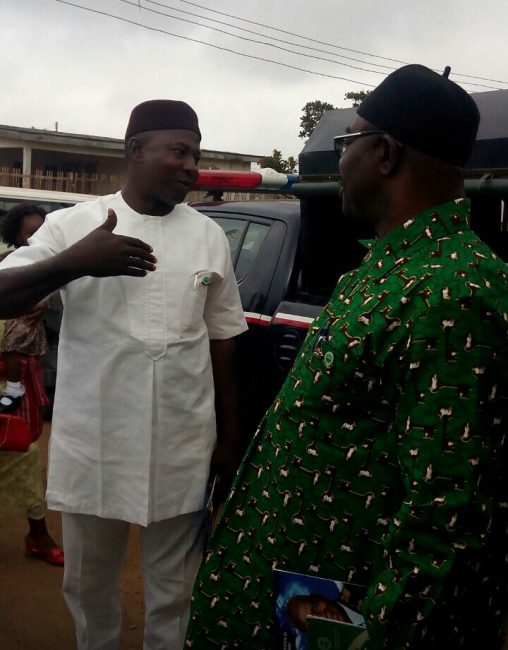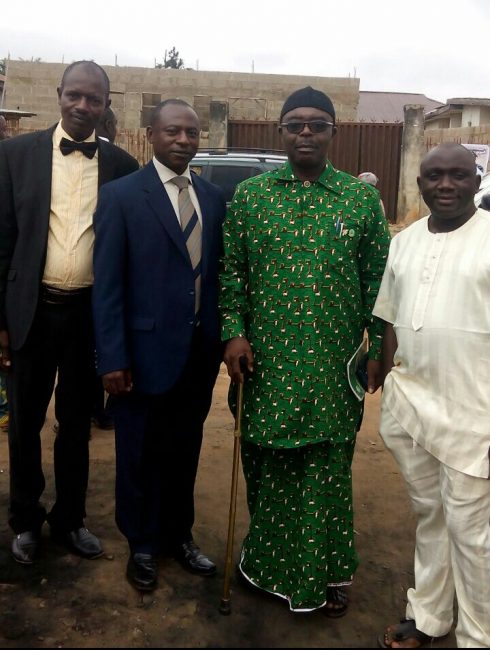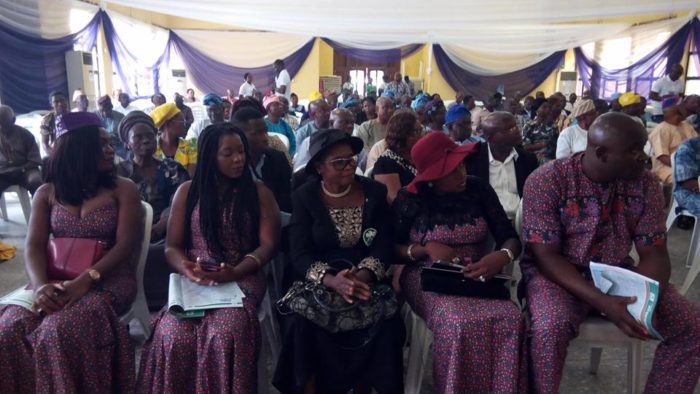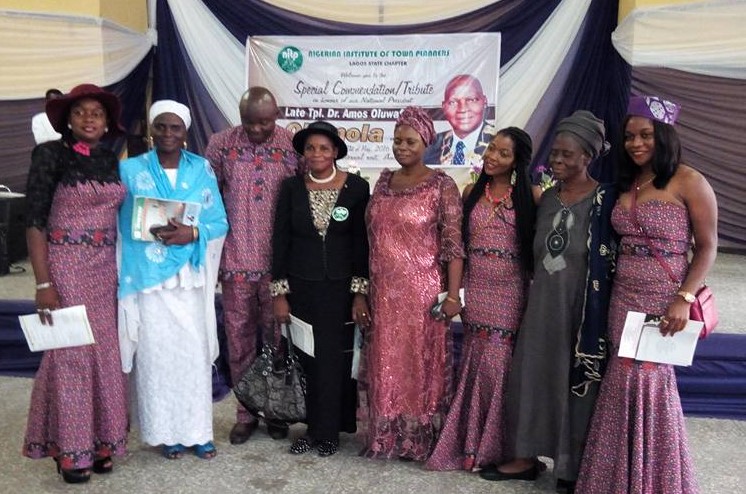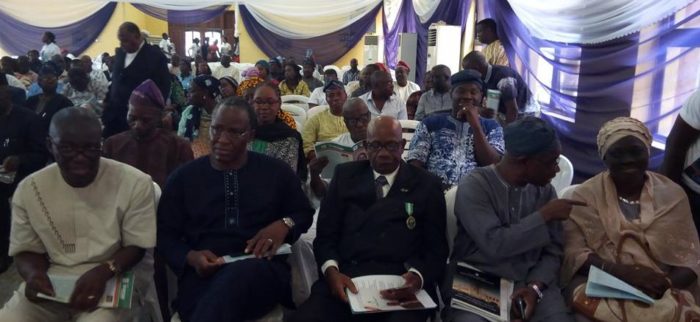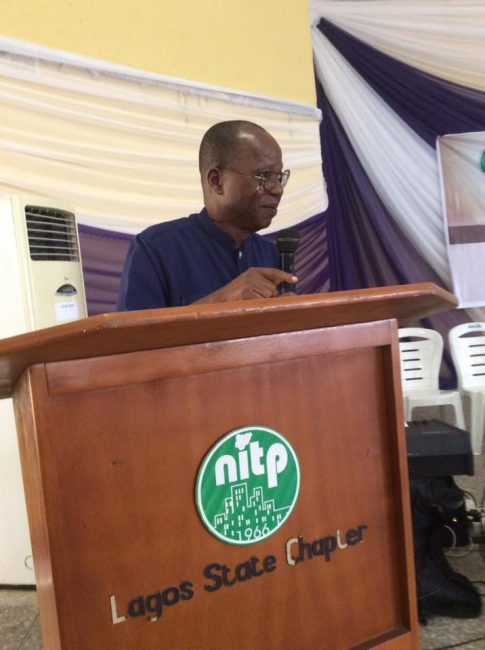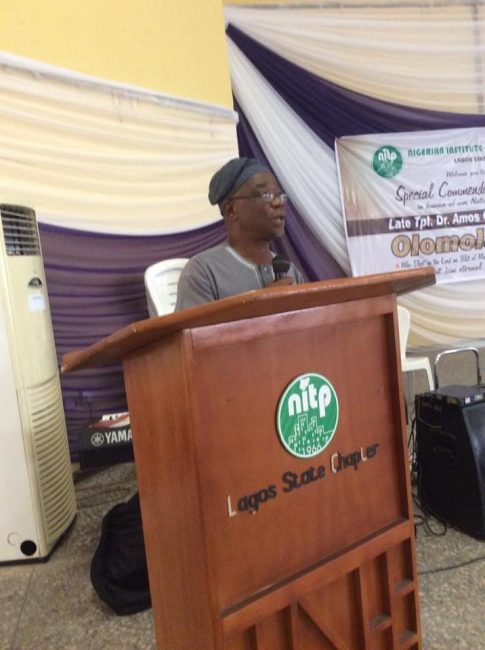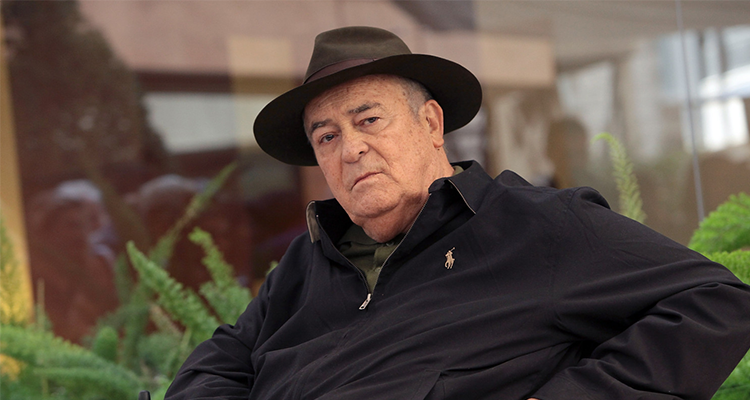Female smallholder farmers are the primary players and beneficiaries of a programme aimed at improving food security in the country.
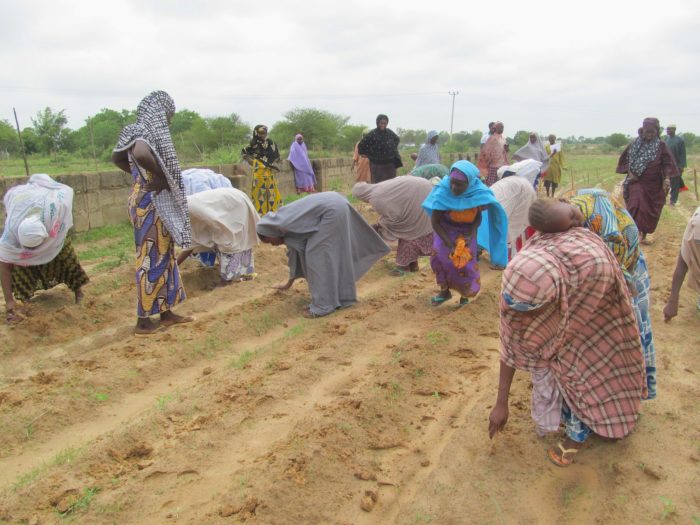
Executive Director, Women Farmers Advancement Network (WOFAN), Dr. Hajia Salamatu Garba, who made the disclosure at a two-day consultation workshop held in Abuja recently, noted that the scheme would support efforts to scale-up more sustainable and more resilient approaches, practices and technologies across the targeted agro-ecological systems. These include innovative approaches to improving soil health, water resource management and vegetation cover with direct benefits to the most vulnerable land users.
Project promoters, the United Nations Development Programme (UNDP), has selected seven states for the project, which is tagged: “Fostering Sustainability and Resilience for Food Security in the Savanna Zones of Northern Nigeria.” Valued at about $7 million, it comes under the Global Environment Facility (GEF) as one of three integrated approaches that were agreed as part of the GEF sixth replenishment scheme.
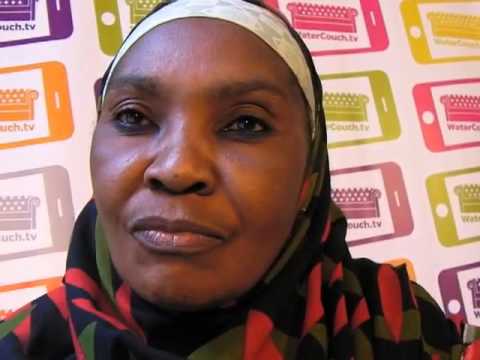
The states include Benue, Nassarawa, Adamawa, Gombe, Jigawa, Kano and Katsina spanning the Guinea Savannah, Sudan-Sahel and Sudan Savannah ecological regions.
The Food Security Integrated Programme is targeting agro-ecological systems where the need to enhance food security is linked directly to opportunities for generating global environmental benefits.
Through the programme, the GEF support will specifically promote mechanisms for multi-stakeholder coordination, planning and investment in sustainable land management at scale, with engagement of the private sector. This will be crucial for integrating ecosystem services into mainstream development investments to support agriculture and food security across multiple scales, according to the UNDP.
The lead expert, Prof. Emmanuel Oladipo, said that the programme would contribute to enhancing long-term environmental sustainability and resilience of food production systems of Nigeria to achieve improved national food security.
Specifically, the meeting discussions focused around the three main components: enhancing the institutional and policy environment for achieving improved food security; scaling up sustainable agricultural practices and market opportunities for smallholder farmers in the target agro-ecological zones to increase food security even under increasing climate risks as well as addressing gender disparities and youth unemployment.
Oladipo explained that there is a growing consensus about the need to incorporate ecosystem services into resource management decisions at all levels. The programme is therefore both crucial and timely, he added. “Consistent with the programming objectives of the land degradation focal area, the GEF, through the programme, will leverage investments by other development partners to ensure that the flow of agro-ecosystem services is maintained or improved,” he added.
The programme will build on planned or existing initiatives, partnerships and institutional frameworks that address genetic resources, the use of and access to agricultural inputs, as well as access to markets and extension services with a view to mainstreaming sustainable land management practices for enhanced agro-ecosystem services and food insecurity.
Additionally, the programme is fostering supportive policies and incentives for smallholder farmers to adopt sustainable and resilient practices (including low-emission technologies and biodiversity considerations) and promote increased private sector investment in climate-resilient and low-emission food value chains.

